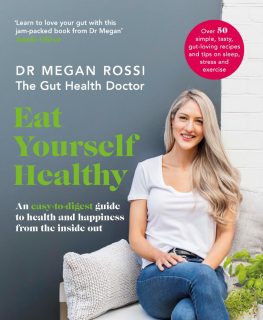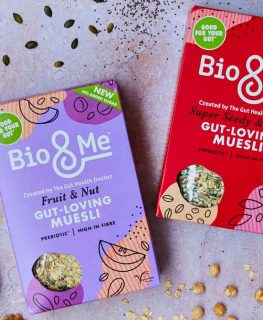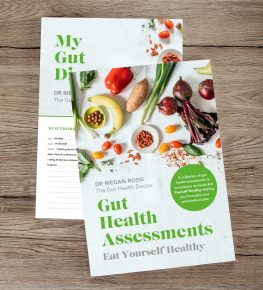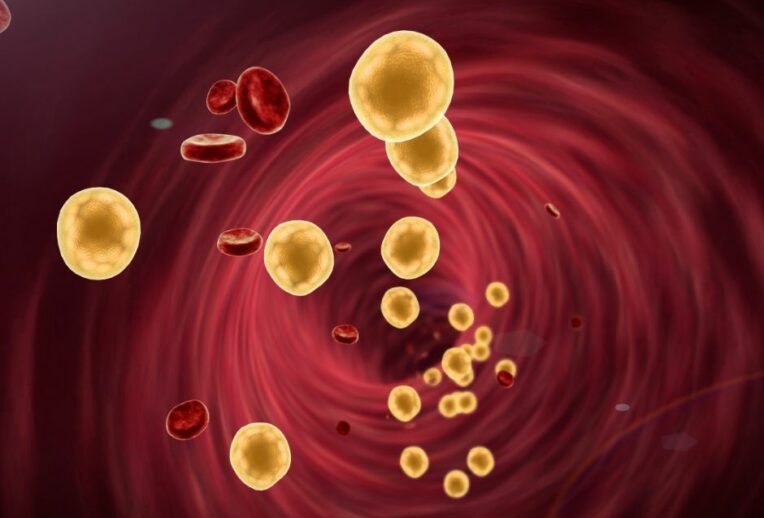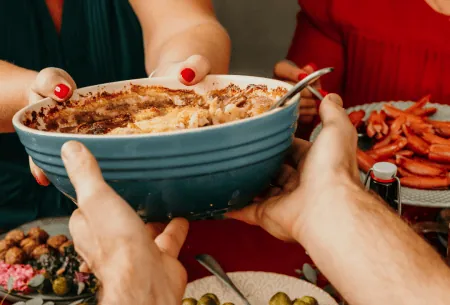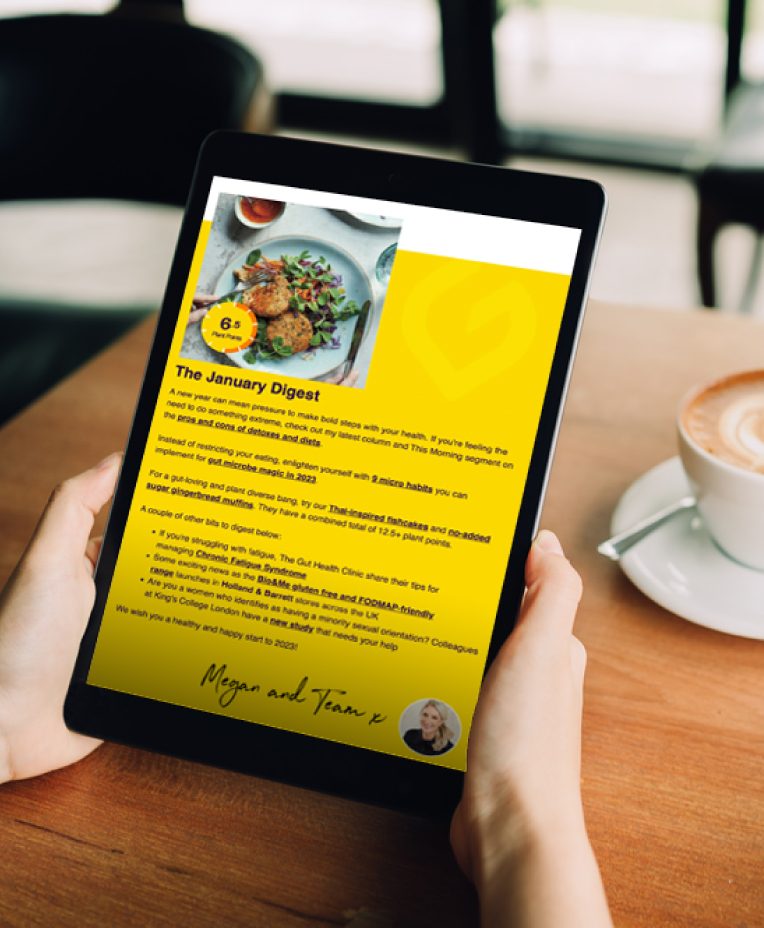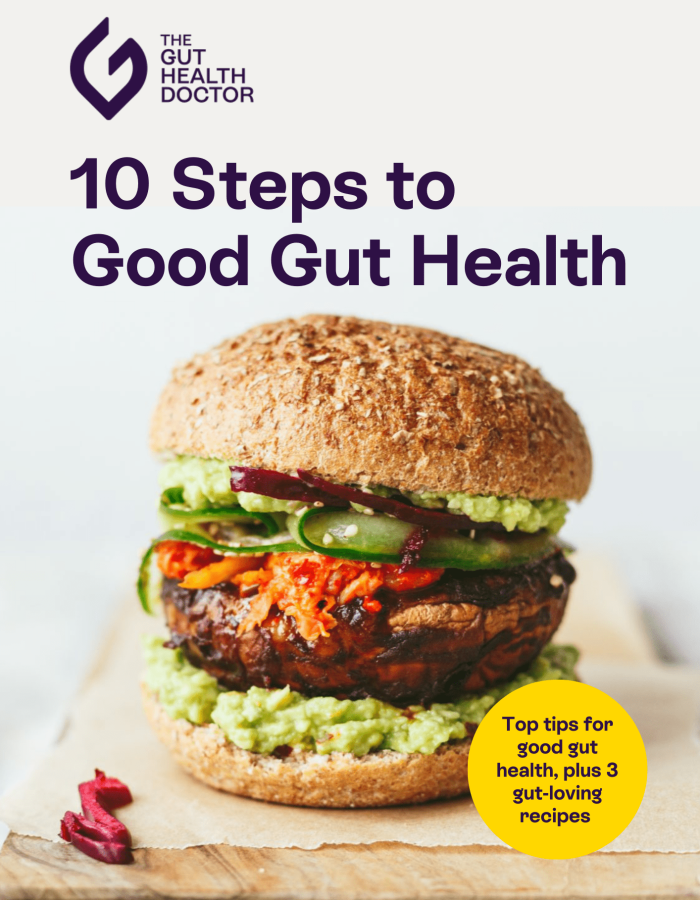You’ve probably heard of too much cholesterol being bad for you. This post is here to break down the good, the bad and the ugly of it all.
What is it?
Cholesterol is a type of fat produced by our liver; it is then transported around our bodies in a special type of protein called lipoprotein. Our bodies use this to make certain hormones such as vitamin D, as well as bile acids, which help us to break down and absorb fats.
It’s well advertised that too much cholesterol in our blood is bad, but this is over-simplified, as it is not all the same. There are in fact two main types:
- High-density lipoproteins (HDL or “good” cholesterol) mops up excess cholesterol in the blood that our body doesn’t need, breaks it down in our liver, and removes it from our body by our gut (via poop).
- Non-high-density lipoproteins (Non-HDL, LDL or “bad” cholesterol) take cholesterol from the liver to the cells around the body. If there is too much of it, it can build up in our arteries, making them narrower, or causing blockages which is why it’s known as “bad” cholesterol. High levels in our blood are linked to increased risk of heart attack and strokes.
A blood test will measure your total cholesterol as well as the amount of HDL and LDL in your blood, as well as triglycerides. Triglycerides are another fatty substance similar to LDL. Your doctor or dietitian can help you interpret your test results and provide guidance based on these results.
Genetics
It’s also worth mentioning that our genetics can play an important role in developing high cholesterol too. This is known as familial hypercholesterolaemia (FH) and even those with a really healthy lifestyle can have high levels with this.
Following the advice outlined below can really help reduce the risk or delay the onset of high cholesterol. However, this usually needs medicinal management so we recommend discussing this with your doctor.
Medications
If you have been prescribed medications to reduce your cholesterol (most commonly a medication called a statin) it is really important that you continue to take these. Let your GP know if you are planning to take stanols and sterols (see the section below). Although uncommon, some medications can interact with these.
Dietary & Lifestyle Changes
Here are some helpful tips for those with high cholesterol, or who are at higher risk (e.g. increased genetic risk).
- Consider fats
Diets which are higher in saturated fats (cakes, biscuits, pastries, full-fat dairy products, and fatty/ processed meats (sausages, burgers, pies) are linked to higher cholesterol levels. Therefore, aim to minimise these in the diet. Your body still needs some fats for the production of compounds called essential fatty acids. Aim to include these from unsaturated fat sources. These include oily fish, extra virgin olive oil, rapeseed oils, avocados, nuts and seeds.
- Plenty of fibre
Include lots of fibre-rich foods in your diet. High fibre foods can help reduce your body’s cholesterol levels, by ‘mopping up’ excess.
Try the following:
- Include the wholegrain where you can – choose wholegrain breads, cereals, pastas and rice. Aim to have 3 serves of wholegrain foods each day.
- Make beans, pulses, lentils and legumes a staple in your diet
- Always aim to have 5 serves of fibre rich fruits and veggies per day (more if you can manage!). Or just focus on those 30 plant points across the week. Fresh, frozen, tinned, and dried all count.
- Keep active
Having an active lifestyle can really help reduce your blood cholesterol levels. Try walking, swimming, and cycling. Vigorous housework also counts so get dancing with that vacuum!
- Stop smoking
Smoking can raise cholesterol and is linked to increased risk of heart attacks and strokes. If you need help quitting, speak to your GP / family doctor.
Cholesterol Reducing products – what are they and should I take them?
Many cholesterol-reducing products such as fortified spreads, drinks, and yoghurts are available in supermarkets. They contain compounds known as plant stanols and sterols. Those are plant chemicals that are similar in size and shape to cholesterol. These chemicals are absorbed by the intestines and help reduce how much cholesterol is absorbed. Thereby helping to reduce total and non-HDL cholesterol levels in our blood.
Those with high cholesterol may benefit from taking fortified cholesterol products to help reach stanol and sterol targets of 2g per day. This may be achieved by consuming the following:
- One plant stanol or sterol fortified mini yoghurt drink (one bottle) or yoghurt (one pot) per day which OR
- Two to three portions of foods with at least 0.8g of added plant sterol/stanol per day such as:
- Two teaspoons (10g) fortified spread
- One glass (250ml) fortified milk
There can be some variability between brands, so do check the labels to see how much of a product you need to consume to get the recommended 2g needed for the reducing effect. It’s also worth noting that these products are not suitable for women who are pregnant or breastfeeding.
Our advice: as stanols and sterols are found naturally in our diets in plant-based foods (whole grains, fruits, vegetables, nuts and seeds) we suggest focussing on increasing the plant-based diversity before buying expensive commercial products. Although, we do acknowledge the products can be helpful.
Final comments
Diet and lifestyle changes are a real game changer when it comes to reducing high cholesterol, and so whilst medications may be necessary, increasing the number of plants in the diet is a really good place to start, and it won’t just have a positive effect on cholesterol, we know that the more plants is associated with improved gut and overall health.
All of our dietitians would be more than happy to discuss your cholesterol results and help you implement strategies to get levels within range. Get in touch with us to book in.
This blog was authored by Tanzil Miah, an IBD and surgical specialist dietitian.



